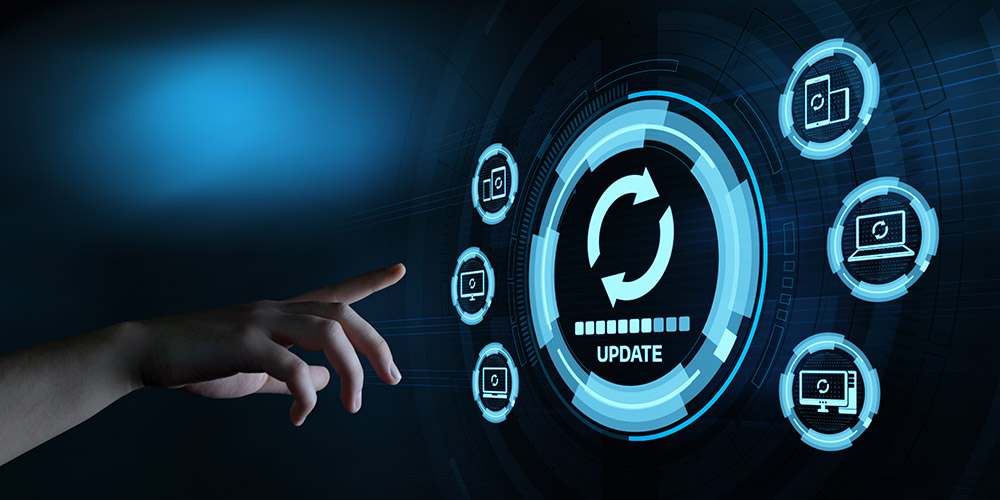On January 14, 2020, Windows 7 and Server 2008 will reach the end of their life cycle, with operating system patches and updates no longer available. Networks and connected devices without an upgrade will be left vulnerable to cyberattacks and the resulting loss and/or compromise of data. However, it is not too late to prepare. Read on to learn more about this transition, and the importance of compliance with data regulations.
Windows EoS Migration Readiness
The primary goal, as always, is the protection of the network and associated data and applications. Protection from cyberattack–and the loss or compromise of data resulting from an attack–is critical at al times. The transition from Windows 7 presents an opportunity to evaluate the security of your network and data during migration to a new operating system. Ideally, the migration has been carefully planned, and testing will be performed to assess any weaknesses in your network where confidential information might be exposed.
How to Manage Windows EoS Migration and Upgrade
A good first step is to inventory your network to assess vulnerability, learning which devices still run Windows 7 and need to be upgraded or replaced. Identify mission-critical systems, data and applications that will need to be available during the migration. Temporary cloud storage is even available to keep these resources safe and your business compliant with any industry regulations. Once the plan is in place, repeated testing is needed to find holes in the network where data can be lost. What’s more, this testing will help fine-tune your preparation for the migration.
The Role of the Cloud in Windows EoS Migrations
Cloud computing, wherein computing resources are available over the Internet, is an option during migration to a new operating system, and beyond. Software as a Service (SaaS) is a cloud computing model in which the provider manages and maintains the software, eliminating the need for the customer to implement and manage on-premise infrastructure. Rollouts of new software, as well as updates and patches to the software, are readily available. Private cloud environments are available for storage of confidential data both during and after migration.
Even with just a month before the Windows 7 End of Support data, there is still time to migrate to a new operating system with its protections and to remain compliant. For assistance, contact your trusted technology advisor today.




